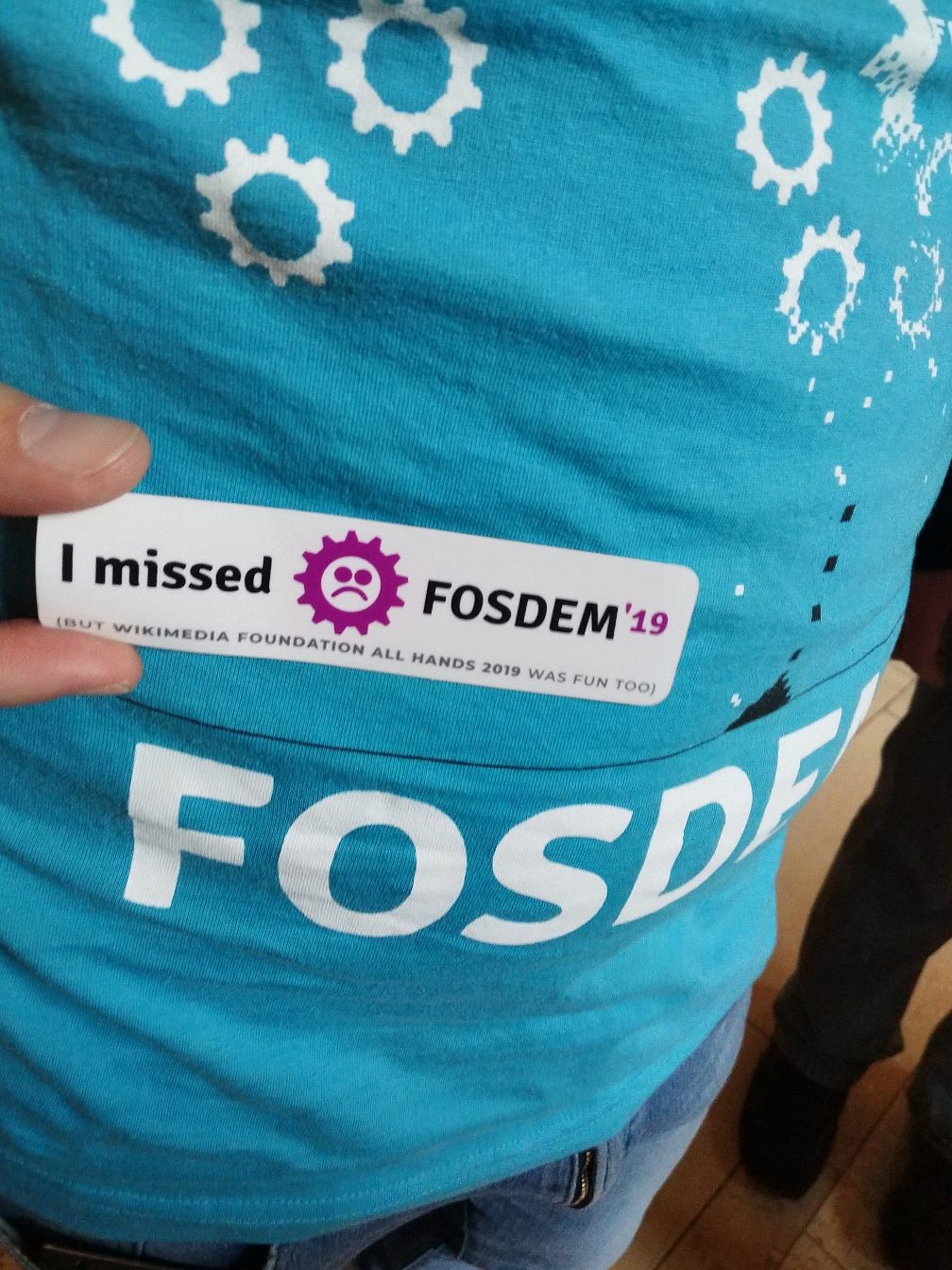A while back, a friend mentioned to me that you could send potatoes through the mail. I was pretty skeptical at the time, but basic Internet research confirmed what they told me.
So a little bit later I had the opportunity to send them something, and decided to test it out. If I sent them a potato, and just a potato in the mail, would they get it? As a wannabe journalist/fact checker/Wikipedian, how could I not!
Yep.
I took a raw potato, washed it, and wrote a short message with a marker.
Then I printed out an address label (because the potato wasn't large enough for me to handwrite it) and struggled with sticking it on. Clear tape didn't work, and neither did packaging tape. Duct tape to the rescue!
I went to the post office by SJSU, and the clerk there said it would take 2 days to be delivered. They also said they had been asked to mail plenty of other "weird things", and a potato wasn't that unusual. I got a receipt so I could "track the status of my potato". And someone in line commented that I should also be sending along some sour cream :P
And then I waited, tracking online. Two, three, four days passed, and it hadn't been delivered. The recipient was in San Jose, so it just needed to head to the sorting center and then go out for delivery.
That was when I lost hope, and deemed the potato lost. Some things just sound too good to be true.
...except a week after it was supposed to be delivered, it showed up! I assume it got lost at some point, but USPS is 👌 and got it to its destination.
BuzzFeed conveniently has a list of 20 other things that we can supposedly mail. What's next?
P.S.: PHP still considers "a potato" to be a valid time. MediaWiki won't let you though.
Originally posted on mastodon.technology.
If you haven't already, it's the perfect time to start running an ArchiveTeam Warrior to help backup the Internet. Current efforts are focused on saving Google+.
https://www.archiveteam.org/index.php?title=ArchiveTeam_Warrior
#archiveteam #googleminus
SFScon18 - Molly de Blanc - User freedom: A love story.
This is one of the most relatable software freedom talks I've watched recently. As a college student trying to make friends, let alone find romantic partners, using non-free software is incredibly difficult to avoid.
Aside from online dating, which I have no experience with, I've pretty much done everything discussed in the video. I've definitely "Internet stalked" friends to learn more about them. And I've used screen sharing to be able to watch movies with a long-distance partner, which worked pretty well.
The biggest obstacle I tend to run into is mentioned in the talk - messaging apps. By virtue of nearly everyone being on Facebook already, Messenger is the most universal. SMS could also work, except our house has extremely spotty cell service, which makes engaging in a long conversation pretty impossible.
I've made efforts in the past to convert people to Signal, with mostly mixed results. Their desire to talk to you has to outweigh the friction of setting up a new app and checking it just to talk to you.
That's unlikely to happen unless they're already a good friend, and to reach that stage, you probably have to use some non-secure/proprietary messaging app first.
And speaking of proprietary algorithms, I think it's pretty creepy that Facebook knows who I'm crushing on, often before I've realized it myself. Since I don't post on Facebook anymore, I assume it's using data from Messenger conversations, but it's definitely doing something more advanced than volume or frequency of messages.
Molly de Blanc also wrote a follow-up post on their blog that I think is worth reading.
I haven't posted music on my blog since 2015 apparently. Time for some nostalgia and feelings. Also I may have spent too much time outside in the dark this week.
Yellowcard - Light Up The Sky on YouTube.
Also also, the newspaper I'm writing for, the Spartan Daily, does a semi-regular thing where editors have to pick their favorite songs that fit a certain theme. Since I'm not an editor, I think I'll start posting my picks here.
Originally posted on mastodon.technology.
Freedom of the Press requires more than just protecting journalists, the entire supply chain needs to be safeguarded. On Tuesday night the Spartan Daily's printer lost power, and we were looking at missing our first issue in 85 years.
Thankfully they got it back in time, and we were able to put out an issue. But it was a wake up call and reminder that press freedom is more than about just journalists.
Originally posted on mastodon.technology.
Its the final day of #Wikimedia all hands and some people would rather be at #FOSDEM

